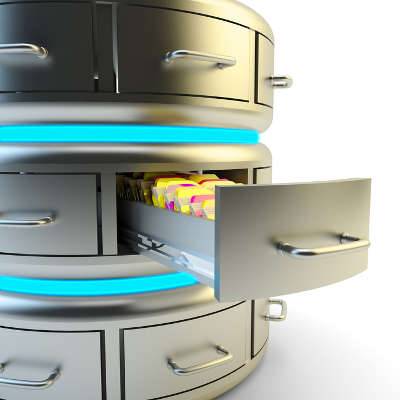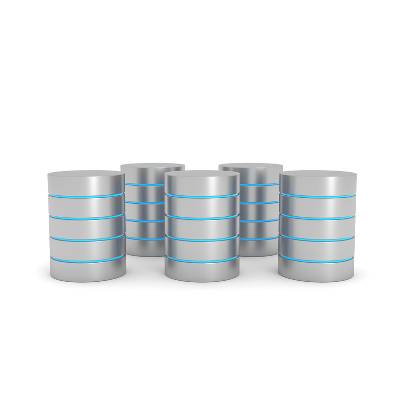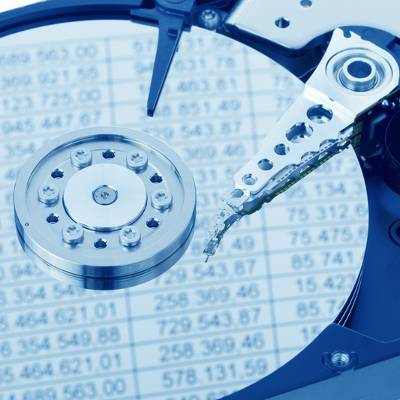As a business owner, you’ve surely thought about what the future holds for your organization. However, one of the things that you need to think about that’s not often considered is the event of a data disaster. How can your business bounce back from such a catastrophic event? One of the first steps is understanding your data backup and disaster recovery process, as well as how you can improve your current setup.
Macro Systems Blog
Data might be the single most important asset of any business, but you would be shocked to hear about how many organizations don’t consider data loss to be a prominent threat. The fact remains that it doesn’t take an immense disaster to wipe out an entire infrastructure, and that you should expect the worst to happen regardless of how unlikely it is to do so.
Data backup is a critical component of a business continuity plan, but there are many businesses that fail to understand why data backup is important, as well as what it entails. We want to clear up some facts about how data backup is important, and why you need it for your business. Only with a thorough understanding of how your data backup saves your infrastructure can you effectively use it for business continuity.
Data backup and disaster recovery are critical to the success of the modern business, but so many organizations still don’t see the importance of maintaining copies of their data infrastructure, or simply don’t think that they will fall victim to a data loss incident. Unfortunately, in this case, we have to insist that you consider data backup and disaster recovery; it’s not a matter of if you lose your data, but when.
- Sun Tzu, The Art of War
The ancient Chinese military general Sun Tzu might have been around long before the Internet was a thing, but he sure knew how to make an impression on the world. In his extremely influential book on ancient Chinese warfare, The Art of War, he says that "every battle is won before it's ever fought." This applies to protecting your IT network, too.























